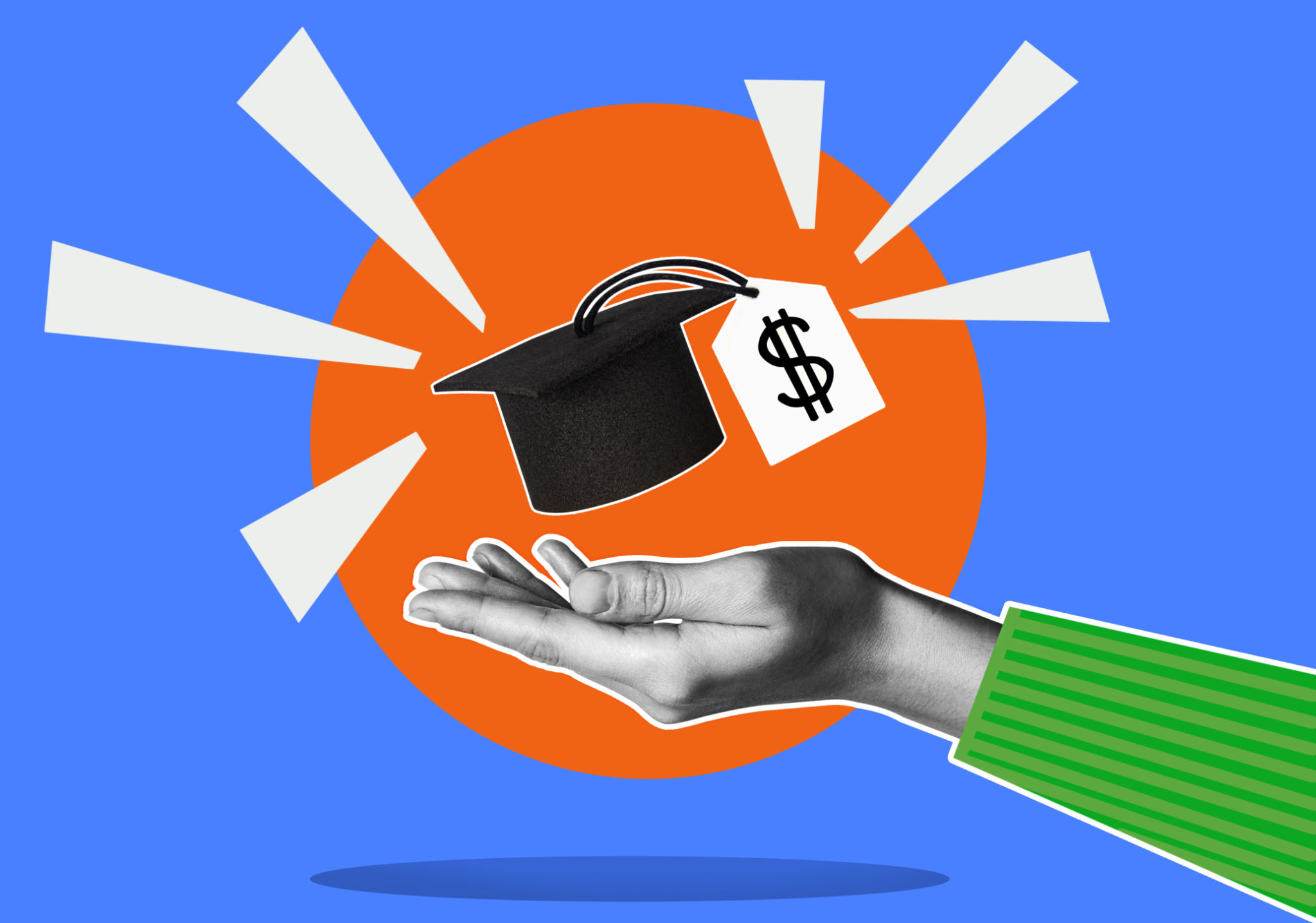Top FAQs About Federal Student Loan Programs Answered
Understanding Federal Student Loan Programs
Federal student loans are a significant resource for many students aiming to pursue higher education without financial burden. These loans, provided by the U.S. Department of Education, are designed to support students in covering their tuition fees and other education-related expenses. However, navigating the complexities of federal student loans can be daunting. Below, we answer some of the most frequently asked questions to help you make informed decisions.

What Types of Federal Student Loans Are Available?
The federal government offers several types of student loans. The most common include:
- Direct Subsidized Loans: For undergraduate students with financial need, these loans do not accrue interest while you're in school at least half-time.
- Direct Unsubsidized Loans: Available to both undergraduates and graduates, these loans accrue interest during all periods.
- Direct PLUS Loans: These are for graduate or professional students and parents of dependent undergraduates to help pay for education expenses not covered by other financial aid.
- Direct Consolidation Loans: Allow you to combine all your eligible federal student loans into a single loan with a single loan servicer.
How Do I Apply for a Federal Student Loan?
Applying for a federal student loan begins with filling out the Free Application for Federal Student Aid (FAFSA). This form collects your financial information and determines your eligibility for federal student loans, grants, and work-study programs. Once you've submitted your FAFSA, your school will send you a financial aid offer detailing the types and amounts of aid you qualify for.

What Is the Interest Rate on Federal Student Loans?
Interest rates for federal student loans are set by Congress and can vary each academic year. Typically, these rates are fixed, meaning they remain the same throughout the life of the loan. For the current rates, it's advisable to check the Federal Student Aid website or consult your financial aid office.
Federal student loans generally offer lower interest rates compared to private loans, making them a more attractive option for many students. Additionally, they provide various repayment plans that can be adjusted based on your financial situation.
What Repayment Options Are Available?
Federal student loans come with multiple repayment plans, allowing you flexibility based on your income and financial goals. Some of the popular repayment plans include:
- Standard Repayment Plan: Fixed payments over a period of up to 10 years.
- Graduated Repayment Plan: Payments start low and increase every two years over a period of up to 10 years.
- Income-Driven Repayment Plans: Monthly payments are based on your income and family size, and any remaining balance is forgiven after 20 or 25 years.

Are There Loan Forgiveness Programs?
Yes, there are several loan forgiveness programs available for federal student loans. The most notable is the Public Service Loan Forgiveness (PSLF) program, which forgives the remaining balance on your Direct Loans after you've made 120 qualifying monthly payments while working full-time for a qualifying employer. There are also Teacher Loan Forgiveness and various state-specific programs designed to encourage graduates to enter certain professions or work in specific areas.
Understanding these forgiveness programs can significantly impact your long-term financial planning, especially if you pursue careers in public service or education.
The Importance of Staying Informed
Navigating federal student loan programs can be complex, but staying informed will help you make the best decisions for your educational future. Regularly checking updates from the Department of Education and consulting with your school's financial aid office can provide you with tailored advice and the latest information.
Ultimately, federal student loans offer a pathway to higher education that is accessible and manageable for many students. By understanding your options and responsibilities, you can leverage these programs to achieve your academic and career goals effectively.